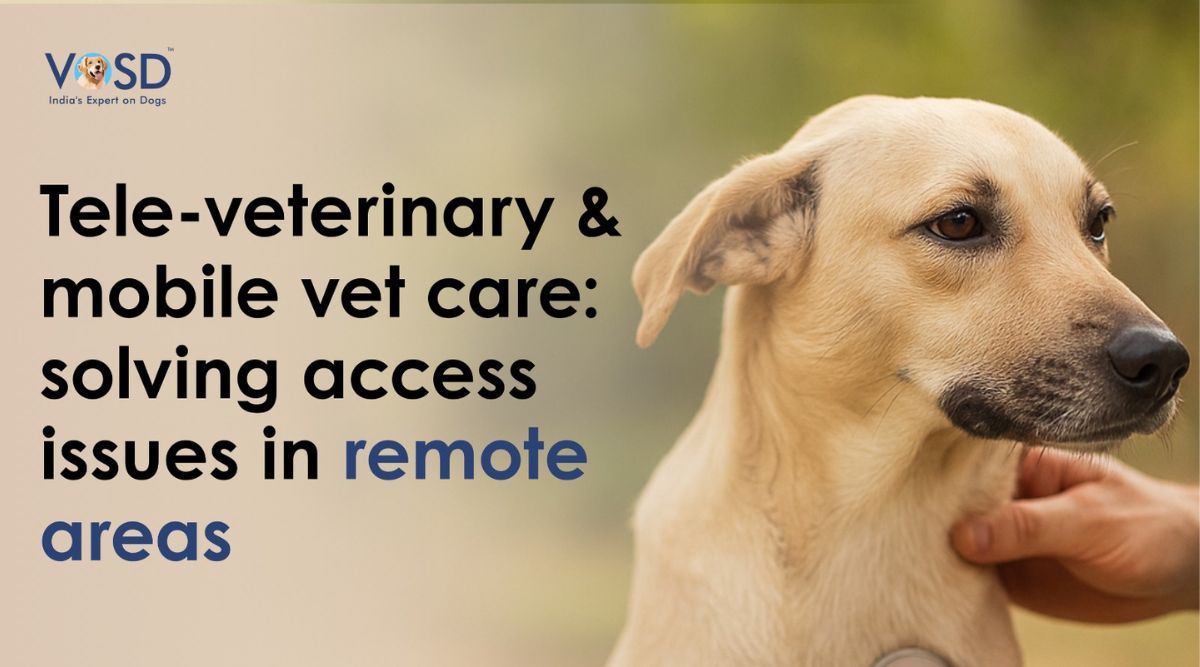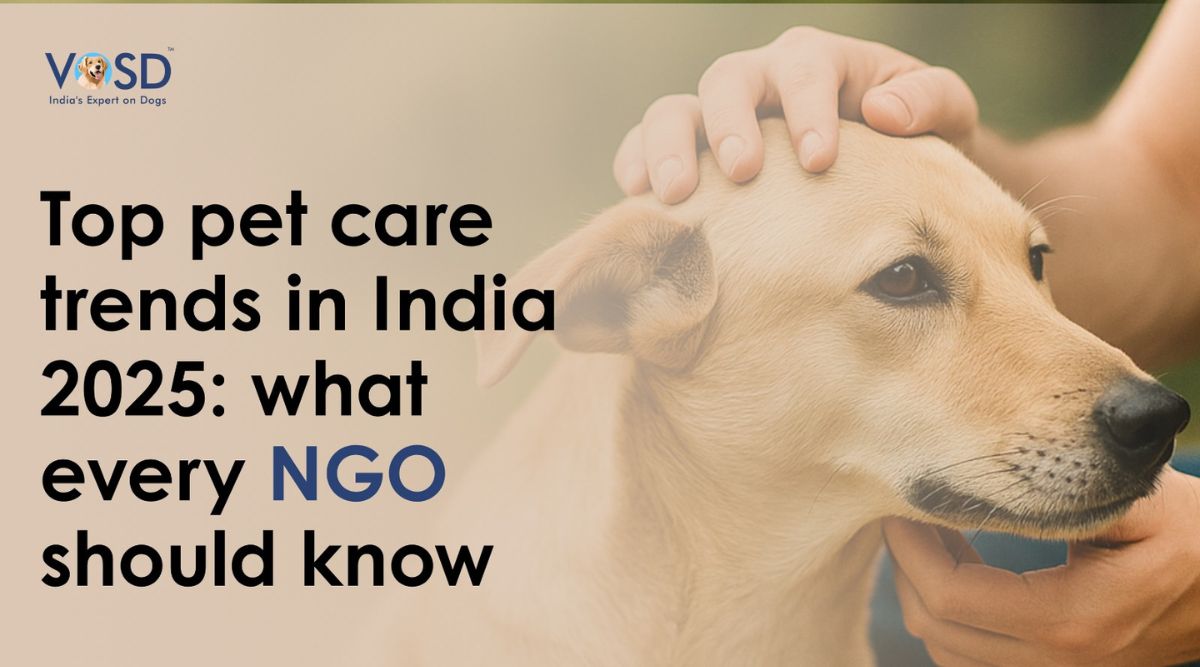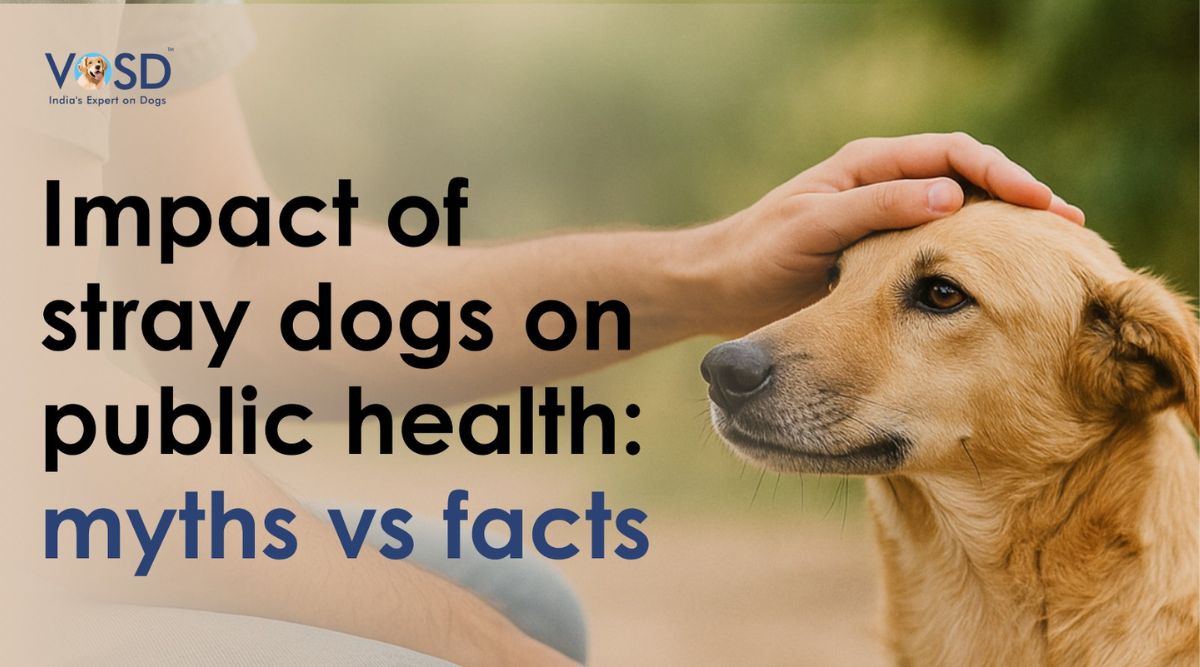Did you know your dog’s poop can be such a clear indicator of what’s wrong with your dog’s health? It’s true; you can find out all you need to know from studying the colour, consistency, odour, and frequency of your dog’s faeces. You will be able to figure out if your dog is in need of a new diet if there are some bacteria floating around inside if there is a virus causing infection, contaminated water or food, stress, or some other serious ailment.
It may sound repugnant to handle dog poop in order to examine it thoroughly. But, you should get over it mainly because you love your dog and would like to know if any illnesses are imminent. Use gloves, and a scooper and use even a stick if you need to. But look at it you must. Your dog’s vet is sure to be interested enough to take the examination further if you sense the need to take your dog for a visit because you feel there could be something wrong. In order to study and understand the kind of faeces your dog produces, it would help to understand the digestive process.
How is food digested?
It is broken down into molecules in the stomach and small intestine so that it can be absorbed. The enzymes help in converting protein into amino acid, carbohydrates into sugar, fat into cholesterol, diglyceride, and triglyceride. The food that does not get similarly absorbed move into the large intestine along with intestinal bacteria, mucus, bile salts, gut secretions, secreted water, pancreatic enzymes as well as minerals and vitamins. This substance is called ingesta.
Undigested food is what provides the nutrients for the microbes in the lower gut. A process of fermentation of these nutrients occurs and it produces gas and alters the pH of the large intestine. It also converts food into fatty acids and these are important for the good health of epithelial cells in the colon. The value of fermentation as a part of digestion cannot be overstated. It produces important vitamins such as vitamin K. Vitamins, fatty acids, some minerals, and bile are all absorbed along with water across the colon. What is not absorbed moves to the rectum and the ingesta comes out as poop. Therefore, poop contains all of the unabsorbed nutrients, bile pigments, mucus, water, electrolytes, metabolic wastes, and the fatty acids.
What is a healthy poop?
A dog’s faeces varies. It varies according to what your dog has eaten be it kibble or canned food or food made at home. Nevertheless, there are a few characteristics that are common in healthy poop. An odour that is relatively inoffensive and a particular consistency if it has been well-digested and the colour would be brown. Pet food can be rated on a scale of 1 – 5 where 1 indicates diarrhea and 5 indicates stools that are dry and very hard. A score of 4 is considered ideal as it indicates the stool is of a light brown colour, has the right consistency, is moist, and does not crumble when picked up. This ideal may not be universal and each dog may have its own ideal; however, it more or less has the same characteristics. It would help if you know the characteristics of your dog’s poop when your dog is in perfect health.
Factors that affect poop quality
A clear catalogue of the different types of faeces does not exist. At best, you can see hints of possible ill health. Some of the factors that are likely to affect the quality of your dog’s faeces are: indigestion, bacteria, intestinal disease, toxins, medications, vitamin supplements, food allergy, vaccinations, emotional stress etc. However, it is very hard to identify what exactly has affected the poop quality. It could be anything from indigestion to bacteria or some disease in the internal organs.
Indigestion: In this case, it is not only the food itself that is not digestible but also your dog’s ability to digest the food. Your dog’s diet also may vary with regard to the contents and the degree of processing. Since fibre is an important part of the diet, the type and amount as well as the fermentation rate of the particular fibre can make a difference to the quality of the poop.
Bacteria: The bacteria that lies in a dog’s gut plays a big role in digestion and fermentation. It can also be affected by diet and medication. The intestinal bacteria may be adaptable and if you feed your dog the same type of commercial food, the stools will also be consistent. Too many abrupt changes in the diet can lead to an overgrowth of bacteria and cause increased fermentation and result in diarrhea.
Intestinal disease: A disease that is caused by parasites, ulcers, tumours, food allergies etc. can bring on a change to the quality of the poop.
Medication: Irrespective of the need for certain medication due to ill health, it is likely to make a difference to the stools. Side effects such as diarrhea or constipation are common.
Vitamin supplements: Appropriate and prescribed dosage of vitamin supplements may not make too much of a difference. But, certain components in the supplements may cause stomach upsets.
Food allergies: If your dog is allergic to some food, the result is almost immediate. Frequent vomiting, diarrhea, itchiness of the skin or the ears and the impact will show up in the stool quality.
Exercise: Digestion is always made easier with regular exercise. However, sudden changes in the exercise may not be easy to adapt and your dog may get dehydrated and can even cause diarrhea.
Stress: Your dog’s emotional well being is important. If your dog is feeling stressed, it is likely to cause diarrhea.
Any of the above factors are clear indicators of a problem since the quality of the poop will change and is noticeable. All you will need to do is to take your dog to the vet. It is always better to find out the cause of the poor poop quality and address it with the help of your dog’s vet.
Living with your dog means living with your dog’s poop, too! Making it a habit to examine the poop and seeing if all is well with your dog is very much a part of doggy care.
The information contained in VOSD Vet Advice™ is not intended nor implied to be a substitute for professional medical action which is provided by your vet. You assume full responsibility for how you choose to use this information. For any emergency situation related to a dog’s health, please visit the nearest veterinary clinic.








